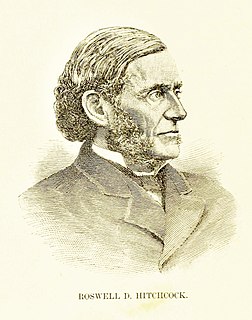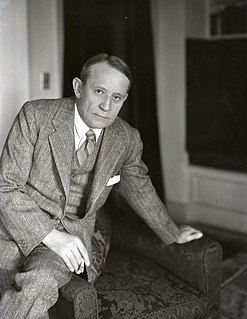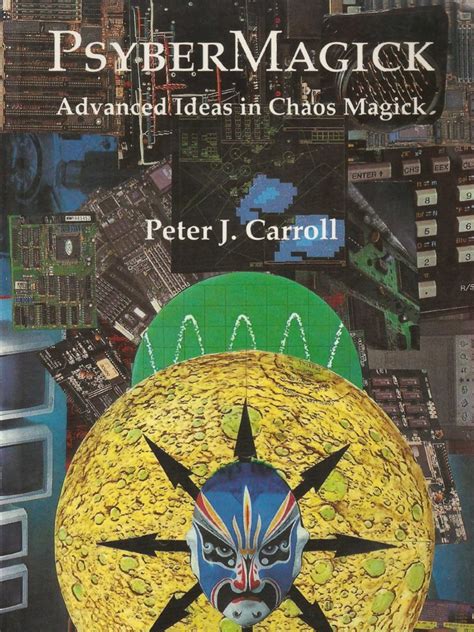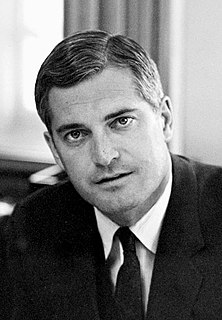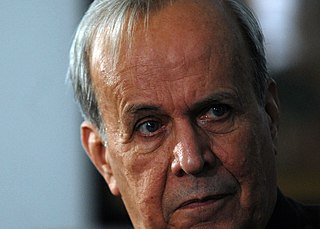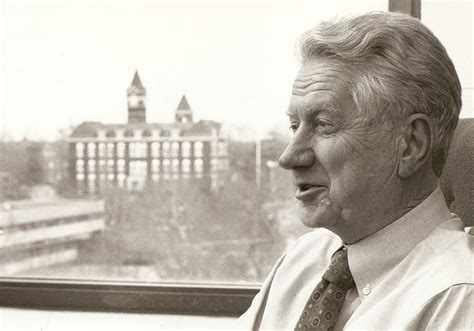A Quote by Roswell Dwight Hitchcock
Religion implies revelation.
Quote Topics
Related Quotes
I believe in revelation, but not in revelation which each religion claims to possess, but in the living revelation which surrounds us on every side - mighty, eternal, unceasing, incorruptible, clear, distinct, universal as is the being from whom it proceeds, in that revelation which speaks to us and penetrates us from the moment we are born until we die.
Apophenia means finding pattern or meaning where others don’t. Feelings of revelation and ecstasies usually accompany it. It has some negative connotations in psychological terminology when it implies finding meaning or pattern where none exists; and some positive ones when it implies finding something important, useful or beautiful. It thus links creativity and psychosis, genius and madness.
Religions are not revealed: they are evolved. If a religion were revealed by God, that religion would be perfect in whole and in part, and would be as perfect at the first moment of its revelation as after ten thousand years of practice. There has never been a religion which fulfills those conditions.
Any attempt to speak without speaking any particular language is not more hopeless than the attempt to have a religion that shall be no religion in particular.... Every living and healthy religion has a marked idiosyncrasy. Its power consists in its special and surprising message and the bias which that revelation gives to life.
How wonderful it is that we believe in modern revelation. I cannot get over the feeling that if revelation were needed anciently, when life was simple, that revelation is also needed today, when life is complex. There never was a time in the history of the earth when men needed revelation more than they need it now.
These enemies of divine revelation extol human progress to the skies, and with rash and sacrilegious daring would have it introduced into the Catholic religion as if this religion were not the work of God but of man, or some kind of philosophical discovery susceptible of perfection by human efforts.
One major difference between Mormons and evangelicals on the subject of revelation is that Latter-day Saints believe that God has appointed modern-day prophets and apostles to receive revelation for Christ's church. All church members may receive revelation appropriate for their particular callings or positions within the church and their families, but never in contradiction to church doctrine or policy. So Mormonism has both a democratic practice of revelation that would resonate with evangelicals, but also an institutional understanding of revelation foreign to evangelicalism.
The true contrast between science and religion is that science unites the world and makes it possible for people of widely differing backgrounds to work together and to cooperate. Religion, on the other hand, by its very claim to know “The Truth” through “revelation,” is inherently divisive and a creator of separatism and hostility.
Most of the founding fathers, sympathetic with and influenced by the European Enlightenment, saw religion - natural religion, that is - as a potential good, but with equal clarity they saw the religions of existing institutions and religions based on a fixed scriptural revelation as meddlesome, wrong-headed and hopelessly obsolete.
